Sewing is a popular hobby and a practical skill that has been passed down through generations. Whether you are a beginner or a seasoned seamstress, the materials you use play a crucial role in the success of your project. From choosing the right fabric to finding the perfect thread, every step in the sewing process is dependent on the materials you select.
To ensure you have a successful and enjoyable sewing experience, here is a comprehensive buying guide for sewing materials.
Fabric
The first step in any sewing project is selecting the fabric. With so many options available, it can be overwhelming to choose the right one. To make the process easier, consider the following factors:
- Type: There are various types of fabric such as cotton, silk, wool, linen, and polyester. Each type has its own characteristics and is suitable for different types of garments. For example, cotton is breathable and comfortable, making it ideal for summer clothing, while wool is warm and cozy, perfect for winter wear.
- Weight: The weight of the fabric determines its thickness and heaviness. Lightweight fabrics are suitable for flowy garments, while heavyweight fabrics are ideal for structured clothing.
- Pattern: When selecting fabric, consider the pattern you will be working with. Large patterns may look distorted on small pieces of fabric, while small patterns may be lost on large pieces.
- Care Instructions: Always check the care instructions on fabric before purchasing. This will help you determine if the fabric is suitable for your project and how to properly care for it.
Thread
Thread is what holds your sewing project together. It is essential to choose the right thread for your fabric, as using the wrong thread can result in a weak and unstable seam. Some points to keep in mind when buying thread are:
- Weight: The weight of the thread should match the weight of the fabric. For lightweight fabrics, use fine thread, and for heavyweight fabrics, use thicker thread.
- Fiber: Thread comes in various fibers such as cotton, polyester, and silk. Each has its own characteristics and is suitable for different types of fabric. For example, cotton is ideal for cotton fabrics, while polyester is better for synthetic fabrics.
- Color: When in doubt, go for a thread color that matches your fabric. If you are working with a pattern, choose a thread color that blends in with all the colors in the fabric.
- Quality: Quality thread may be more expensive, but it is stronger and will result in a more durable seam. Investing in good quality thread will save you time and money in the long run.
Notions
Notions refer to the small but essential items needed for sewing, such as scissors, pins, needles, and zippers. Here are some tips for buying notions:
- Quality: When it comes to sewing notions, quality matters. Cheap scissors can result in uneven cuts, and poor quality needles can break easily. Invest in good quality notions for better results.
- Type: There are different types of needles, scissors, and pins for different types of fabric and projects. For example, sharp needles are best for delicate fabrics, while ballpoint needles are suitable for knits. Choose the type of notion that is appropriate for your project.
- Quantity: Notions like pins, needles, and bobbins tend to get lost easily. It is always a good idea to have extras on hand.
Conclusion
Knowing how to select and purchase the right materials for your sewing project is essential for a successful outcome. Take your time and consider all the factors mentioned above when buying fabric, thread, and notions. Remember, quality materials may cost more, but they will ensure a more professional and long-lasting result.
Happy sewing!
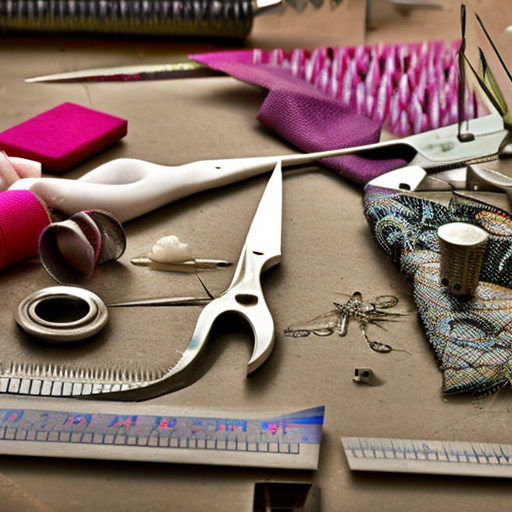
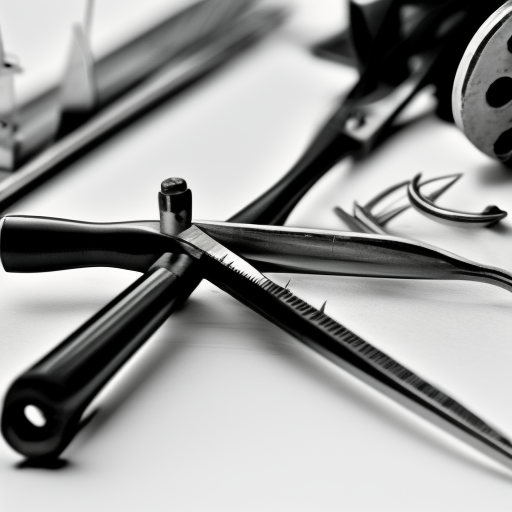
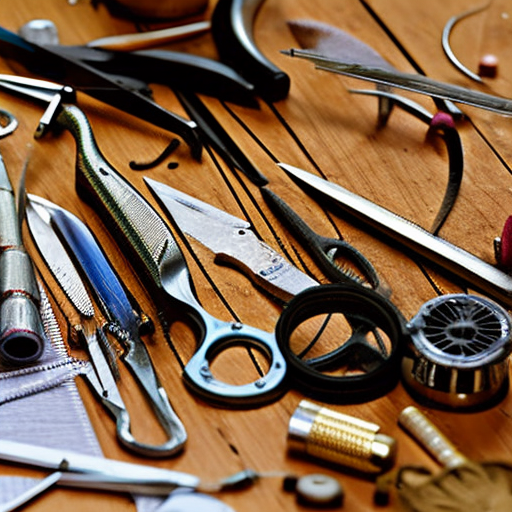
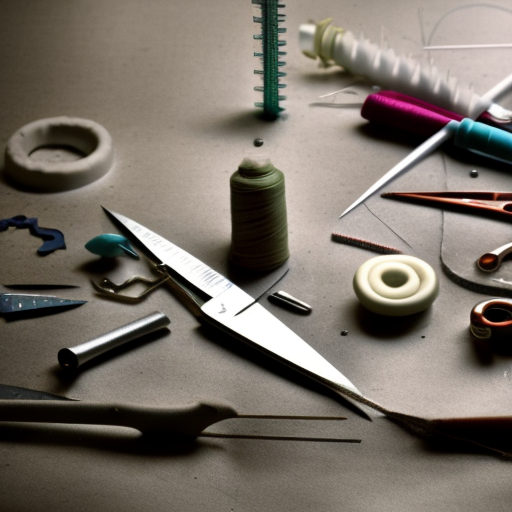
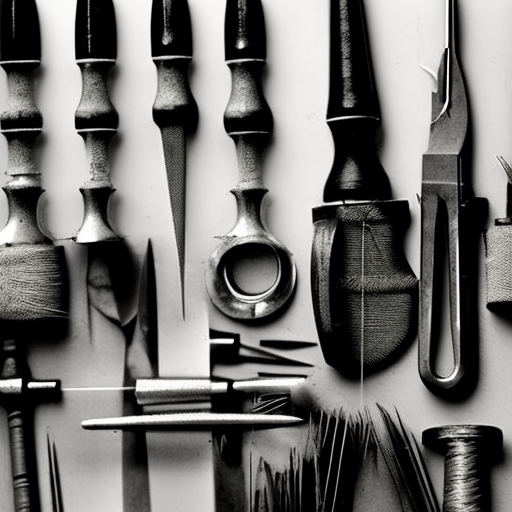
Great post! Very informative.
#ThisPostIsSoHelpful! Being new to sewing, I’m so glad to have this reliable guide when buying material!
Thanks for sharing – new to sewing too!
#ExtremelyUseful! I’ve never been one for sewing but this guide is incredibly comprehensive and easy to follow. I feel like a professional now!